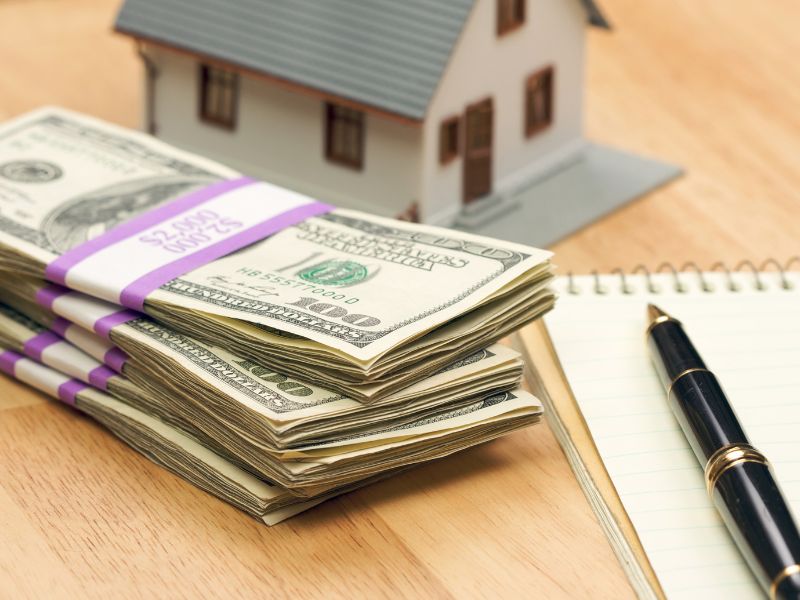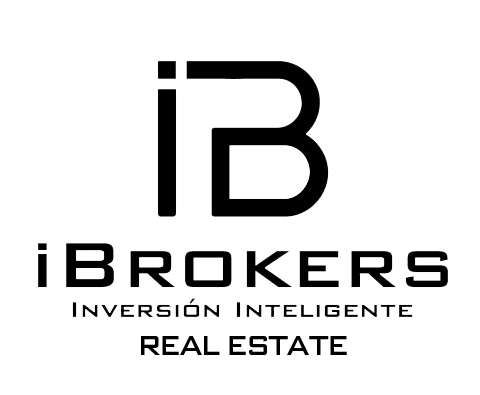
What is a down payment on a house?
Discover its fundamental role in the home and real estate acquisition process.Understanding this concept is essential to making informed financial decisions when buying a home.
In this blog, we will explore in detail what is meant by "down payment on a home" and how it impacts your path to home ownership. If you're ready to discover the secrets behind this term, read on!
Definition of a down payment on a house
The down payment on a home refers to the down payment or the amount of money a buyer must pay at the time of purchasing a home. It is also known as a "down payment" or "down payment". This down payment is a portion of the total price of the home and is usually made at the time the sales contract is signed.
The amount of the down payment may vary depending on different factors. Such as the policy of the bank or financial institution granting the mortgage loan, the buyer's credit situation, the total value of the property and local government regulations.
Typically, the down payment on a house is expressed as a percentage of the house price. In many countries, a down payment ranging from 10% to 20% of the home's value is usually required. For example, if a house is priced at $200,000 and the bank requires a down payment of 15%, the buyer will have to pay $30,000 as a down payment.


How does it work and what amount is required as a down payment for the purchase of a home?
As previously mentioned, the down payment on a house represents the first payment made when securing a future property. In essence, it plays the role of differentiator between the total price of the house and the amount of the mortgage loan to be granted.
For example, let's consider a situation where the value of your dream house is 1 million pesos. If you obtain a mortgage loan of 900,000 pesos, the down payment to be paid would amount to 100,000 pesos, equivalent to 10 % of the total. In this context, it will always be necessary to make a down payment, which in this case would be at least 10 % of the value of the property.
It is important to note that banks will not finance the entire amount. In fact, most offer loans ranging from 75 % to 90 % of the final cost.
You may be interested in: Why should you buy a pre-sale home?
And what amount could the bank grant me?
Actually, this will vary depending on multiple elements, some of which include:

The value of the property
As previously mentioned, the bank will never approve the full amount of the price of your home. In fact, it evaluates that amount along with your ability to pay and other factors.

Credit history
It is also important to understand that your credit history will be scrutinized, as well as your ability to make a down payment on a home. It is essential that you demonstrate responsibility in all your debts, even the smallest ones.
Many banks even consider small loans requested in department stores. Therefore, if you have outstanding installments, the best thing to do is to regularize your situation.

Revenues
Obviously, your salary also plays a crucial role, as banks analyze it to calculate the amount you could pay monthly.
This is because your salary is an indicator of your financial stability. As a result, the credit granted must be in line with your debts. In short, you cannot owe more than you earn.

Amortization period
Last but not least, banks will also take into account the duration over which you could repay the loan. This is done by taking into consideration the previously mentioned factors.
How do I make a down payment on a house?
The down payment on a home can be paid in different ways. The most appropriate option will depend on the buyer's financial situation and the policies of the lender or financial institution involved. Here are some common ways to pay the down payment:
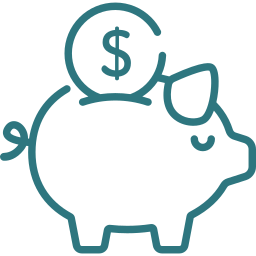
Personal savings
The most traditional and recommended way to pay the down payment is to use personal savings accumulated over time. If you have been saving money specifically to buy a home, you can put those funds toward the down payment.
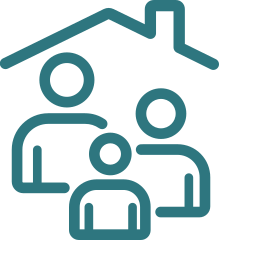
Help from family members
In some cases, buyers may receive financial assistance from close relatives, such as parents or grandparents, to pay the down payment on a home. This assistance may be in the form of a gift or a family loan.
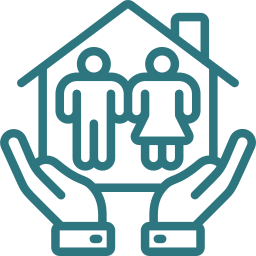
Assistance programs
Some countries and localities offer homebuyer assistance programs. Especially for those with low or moderate incomes. These programs may provide grants, low-interest loans, or tax credits to help cover part of the down payment.
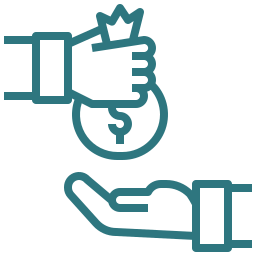
Advance loans
In some cases, buyers may be able to obtain a down payment loan specifically to cover the down payment on a home. It is important to carefully evaluate the terms and conditions of this type of loan, as it will add to the total debt.
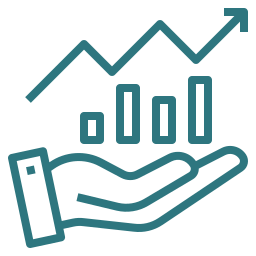
Use of financial assets
If you have investments or other financial assets, you might consider selling part of them to obtain the necessary funds for the down payment.
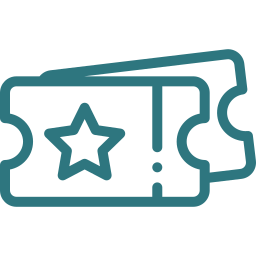
Bonuses or extra income
If you have additional income, such as bonuses, commissions or income from secondary activities. You can use part of these funds for the down payment.
If you are interested in acquiring a home, learn more about our available properties at ibrokers.
Would you like to know more about the down payment on a house?
It is essential to talk to a financial advisor or mortgage professional to evaluate the options available. And determine the best way to make a down payment on a home. That fits your financial situation and your long-term goals.
Also, before you commit to buying a home, make sure you clearly understand the terms of the mortgage loan. And the associated costs to avoid future financial difficulties.
Ready to take the next step? Consider this home down payment knowledge a valuable tool in your financial toolbox.
In our blogs find more information about what is a down payment on a house, and related topics. Follow us on our social networks at Facebook, Instagram and YouTube to keep you up to date and contact us at for any questions you may have.
